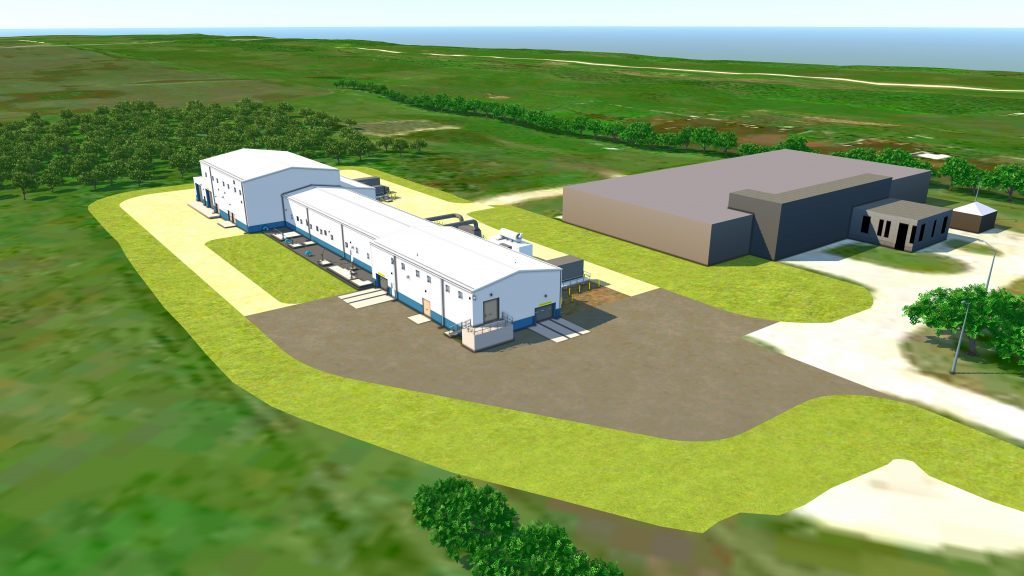Work began last August on a new $39.5-million state-of-the-art wastewater treatment plant for the rural Manitoba community of Selkirk.
Located about a 20-minute drive north of Winnipeg, the new plant marks the largest capital project in the 136-year history of the city of just over 10,000.
The new plant, being built by Bird Construction, will be located behind the existing plant.
The current plant, which has been in operation since 1976, has reached the end of its lifecycle, notes Selkirk chief administrative officer Duane Nicol, in a press release.
He adds changes to provincial legislation that require treated wastewater, or effluent, to contain no more than one mg/L of phosphorus and 15 mg/L of nitrogen also necessitated the existing plant’s replacement.
“Renovating the existing plant would not have been cost effective. The wastewater treatment plant is innovative,” Nicol continues, “making use of the best technology to treat effluent to a standard higher than provincial regulations. Knowing the magnitude of this project, the city went to great lengths to make sure it was doing things the right way.”
He reports the city worked with an independent, third-party engineering firm to review seven different types of wastewater treatment systems and selected the Membrane-Bioreactor Treatment process as it provides the best environmental protection for the Red River and Lake Winnipeg. It will also be cost effective over the full life of the plant.
“The new plant,” he explains, “will produce an exceptionally high quality of effluent, so if regulations change in years to come, the city will still likely meet the standards without costly retrofits or new construction. This new plant is another example of how the city is taking a lead role in sustainable development, asset management and environmental stewardship.”
The bulk of the funding for the project is being borne by the City of Selkirk itself.
The Green Municipal Fund, delivered by the Federation of Canadian Municipalities and funded by the Government of Canada, is contributing $750,000 along with a $5 million loan. The Manitoba Water Services Board, a provincial agency, is partnering with the city as the project manager and will contribute just under $250,000.
Nicol points out though the plant comes with a high price tag, the city has been fiscally responsible and worked hard to ensure the most minimal impact to the taxpayer.
Homeowners will pay approximately half a cent extra per flush for their water, beginning this year.
Construction is anticipated to wrap-up by next January.











Recent Comments